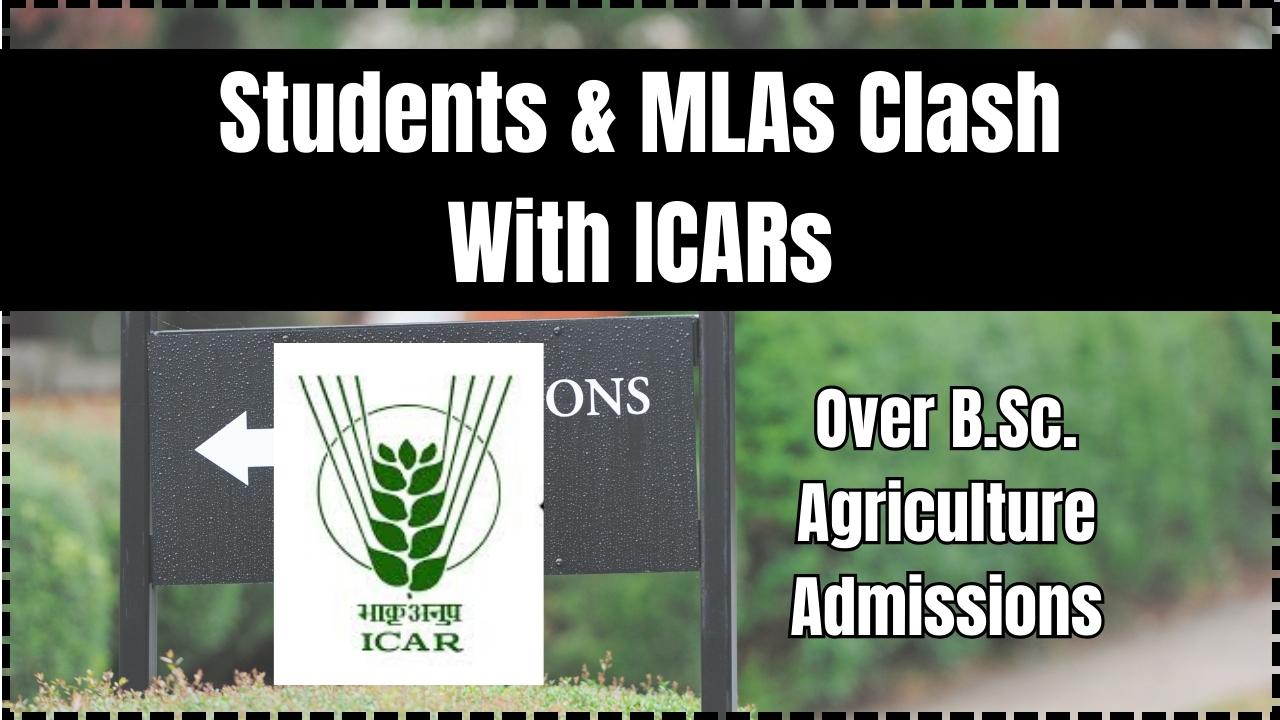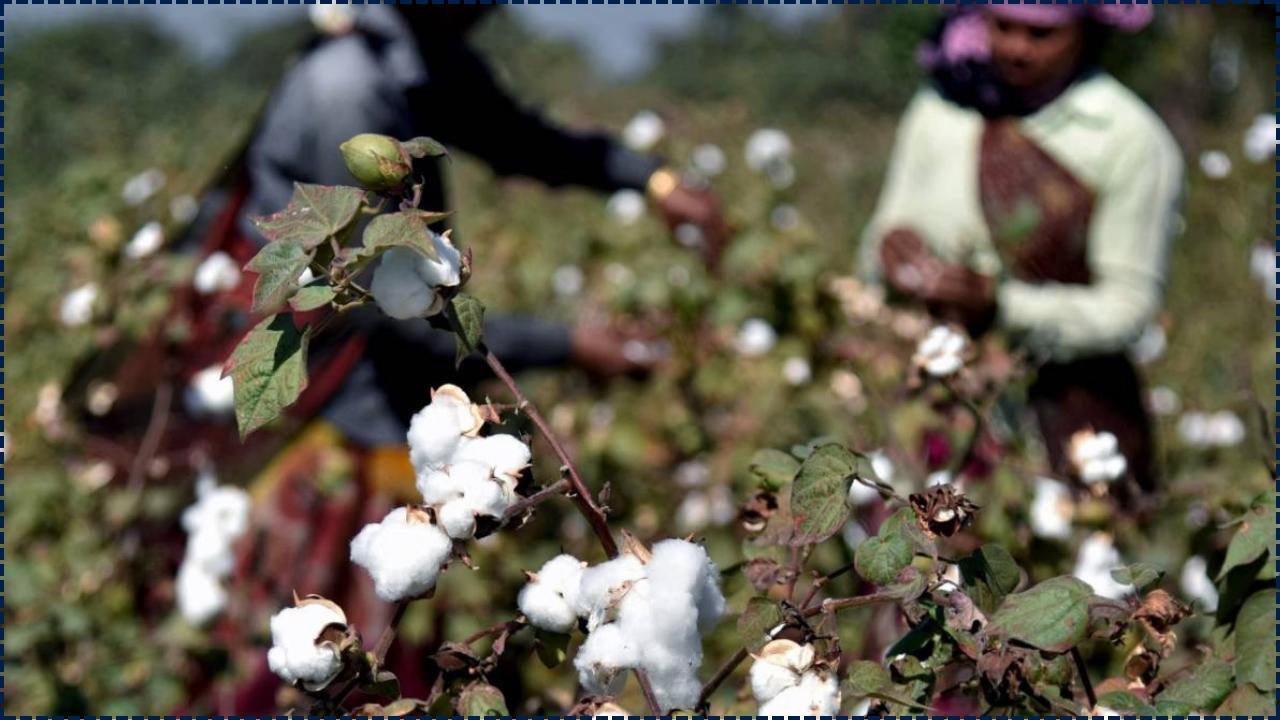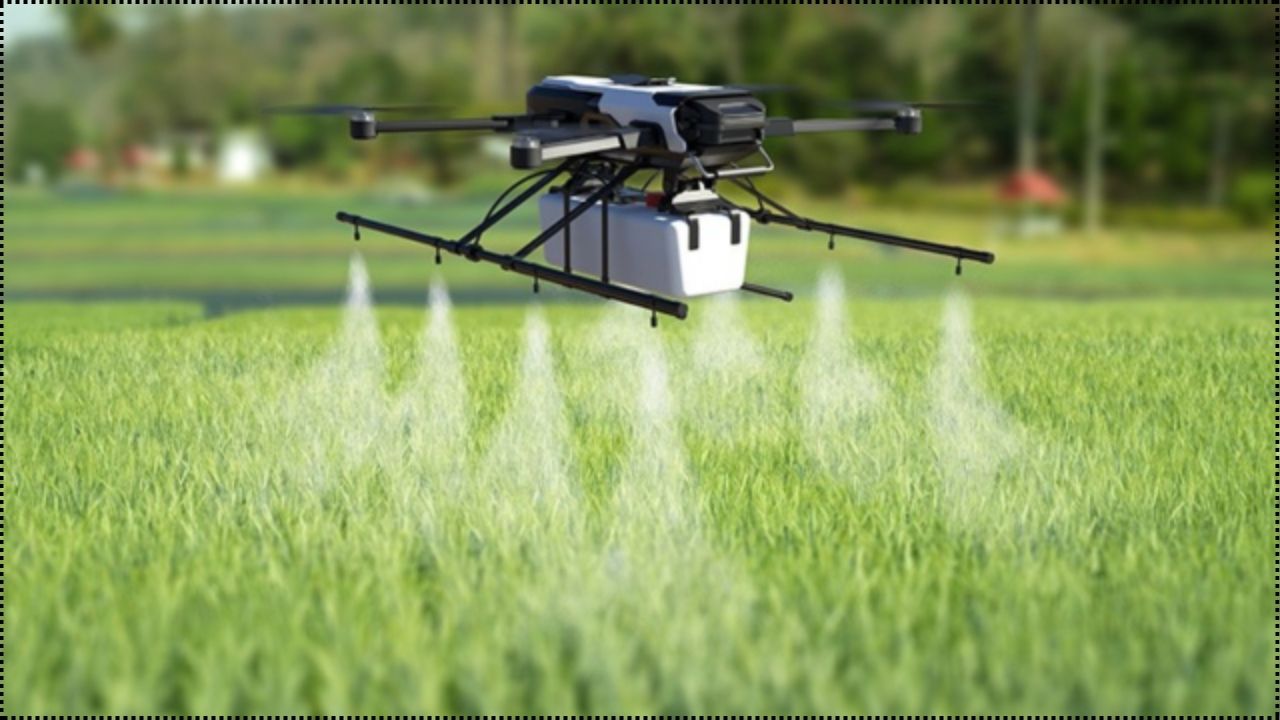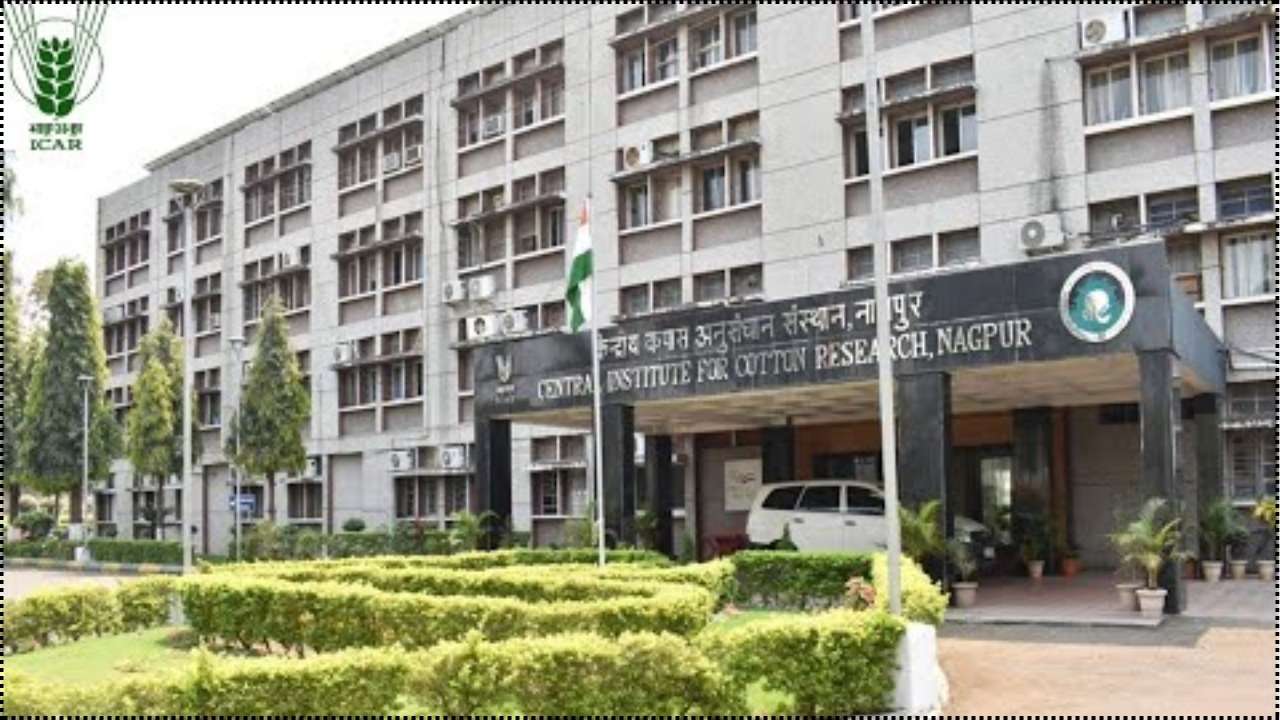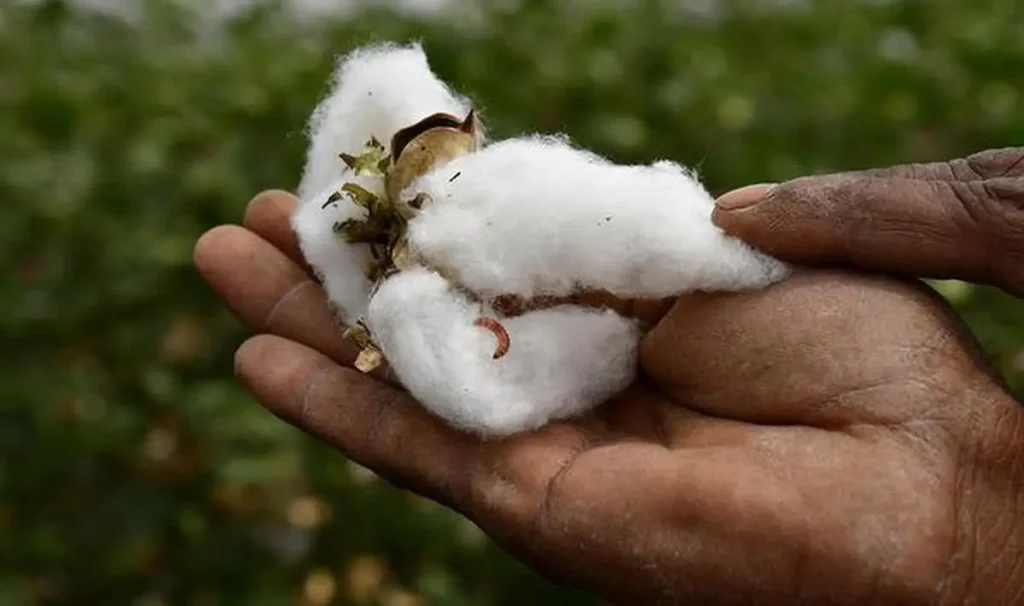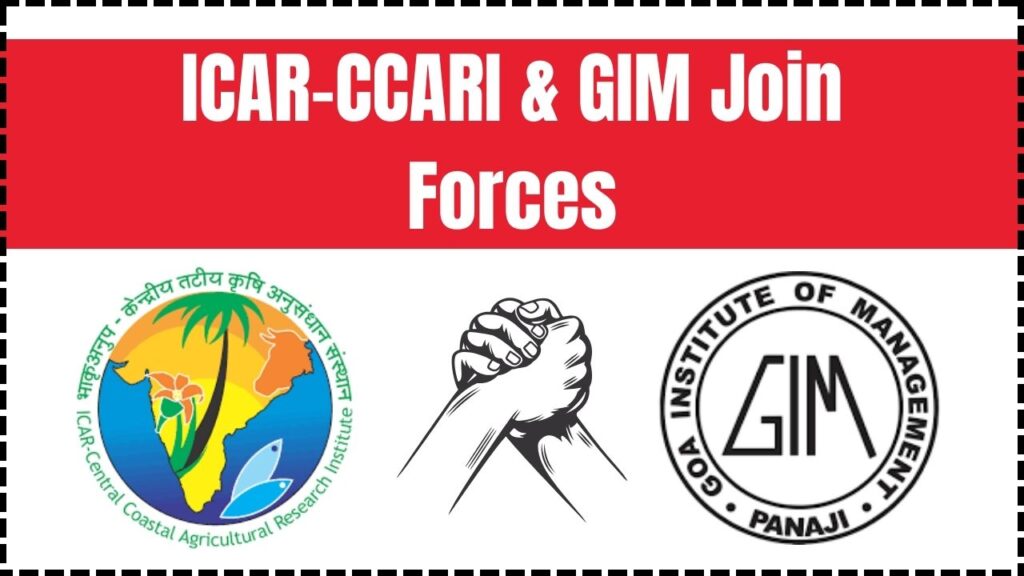
ICAR-CCARI & GIM Join Forces: The ICAR-Central Coastal Agricultural Research Institute (ICAR-CCARI), based in Goa, and the prestigious Goa Institute of Management (GIM) have teamed up through a landmark Memorandum of Understanding (MoU) to revolutionize agricultural technology and management in India’s coastal regions. This powerful collaboration, signed on September 25, 2025, brings together decades of scientific expertise and modern management education to tackle the complex challenges faced by coastal farmers and allied sectors. By integrating state-of-the-art technology, cutting-edge management practices, and community-centric approaches, the partnership is designed to foster sustainable development, empower rural entrepreneurs, and enhance overall productivity in coastal agriculture.
ICAR-CCARI & GIM Join Forces
The strategic partnership between ICAR-CCARI and the Goa Institute of Management is a forward-thinking initiative that enhances India’s coastal agriculture through science, technology, and entrepreneurship. By harnessing AI, IoT, and machine learning and focusing on climate-smart practices and capacity building, the collaboration is set to elevate rural livelihoods, promote environmental sustainability, and foster economic growth. This alliance sets a benchmark for future agri-tech partnerships, positioning India as a leader in sustainable agricultural innovation.
| Aspect | Details |
|---|---|
| Institutions Involved | ICAR-CCARI, Goa and Goa Institute of Management (GIM) |
| Date of MoU Signing | September 25, 2025 |
| Focus Areas | Carbon Credit & Marketing, Impact Assessment in Coastal Agriculture, Water Resource Management |
| Additional Focus | Women Empowerment, Agri-Entrepreneurship, Agro-Eco-Tourism, Market Intelligence for Crops, Livestock, Fisheries |
| Technologies Involved | Artificial Intelligence (AI), Internet of Things (IoT), Machine Learning (ML) |
| Environmental Benefits | Climate-smart farming, carbon footprint reduction, sustainable resource use |
| Capacity Building | Entrepreneurship training, skill development, digital literacy for rural communities |
| Official Link | ICAR-CCARI Official Website |
The Legacy of ICAR-CCARI & GIM Join Forces
ICAR-CCARI has been the backbone of coastal agricultural research for decades, developing climate-resilient and sustainable farming methods tailored for fragile ecosystems. Their work has helped improve soil health, water management, and livelihood security for thousands of farmers along India’s western coastal belt.
GIM, on the other hand, is renowned for its innovation-driven management education that cultivates the skills of future business leaders and entrepreneurs. With a strong focus on transformational leadership, GIM brings strategic vision and market-oriented thinking to farming and rural enterprises.
Together, this partnership is poised to merge scientific rigor with business acumen, creating a hub for research, training, and technology transfer that can transform the coastal agriculture landscape.
Harnessing the Power of Advanced Technologies
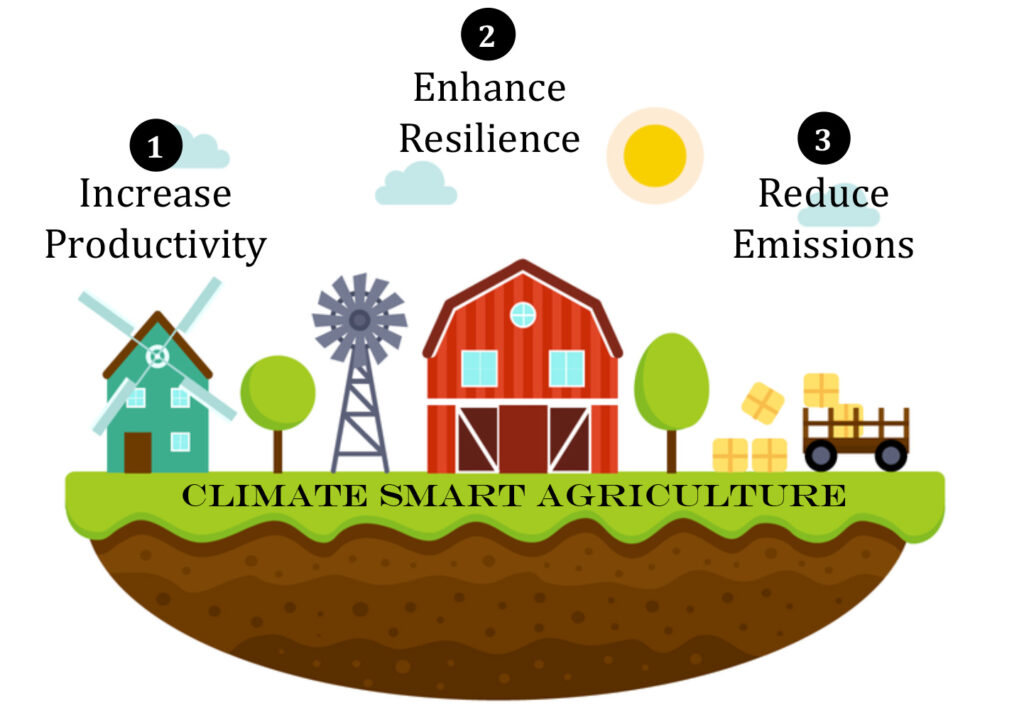
One of the most exciting aspects of the ICAR-CCARI and GIM alliance is the focus on leveraging next-generation technologies like Artificial Intelligence (AI), Internet of Things (IoT), and Machine Learning (ML). These technologies will revolutionize coastal farming by:
- Precision agriculture: Using smart sensors to monitor soil moisture, temperature, and crop health in real-time, enabling farmers to optimize inputs like water and fertilizers.
- Predictive analytics: AI models will forecast weather events, pest outbreaks, and disease risks, allowing proactive interventions.
- Supply chain optimization: Machine learning tools will analyze market trends and demand patterns, helping farmers get better prices and reduce post-harvest losses.
- Digital platforms: Connecting farmers directly with buyers and government schemes through mobile apps for seamless information flow.
These innovations not only boost productivity but also reduce costs, enhance resource use efficiency, and minimize environmental impact.
Environmental Sustainability and Climate Action
Coastal agriculture is highly vulnerable to climate change effects like saltwater intrusion, erratic rainfall, and rising temperatures. The collaboration addresses these challenges by promoting climate-smart agriculture practices, which include:
- Adoption of carbon sequestration techniques that improve soil organic content.
- Utilizing renewable energy sources such as solar irrigation systems to reduce dependency on fossil fuels.
- Development of agro-eco-tourism as an environmentally friendly income source.
- Valuation and payment mechanisms for ecosystem services to incentivize conservation by farmers.
According to recent assessments, such climate-friendly practices can reduce soil degradation by up to 30% and increase water-use efficiency by 25%, significantly strengthening the resilience of coastal farmlands.
Comprehensive Capacity Building and Skill Development
The partnership places strong emphasis on capacity building to develop a skilled workforce capable of driving innovation at the grassroots level. Planned initiatives include:
- Training programs focusing on entrepreneurship, digital technologies, sustainable farming, and financial literacy, especially targeting rural youth and women.
- Workshops and seminars to enhance knowledge about carbon credit trading, market dynamics, and agro-eco-tourism.
- Collaboration with local Self-Help Groups (SHGs) to empower women with livelihood opportunities in agro-processing and ecotourism.
- Hands-on demonstrations of drone technology, nano-fertilizers, and other emerging agri-tech products.
Such programs aim to build a new generation of agri-entrepreneurs who blend traditional wisdom with modern business strategies.
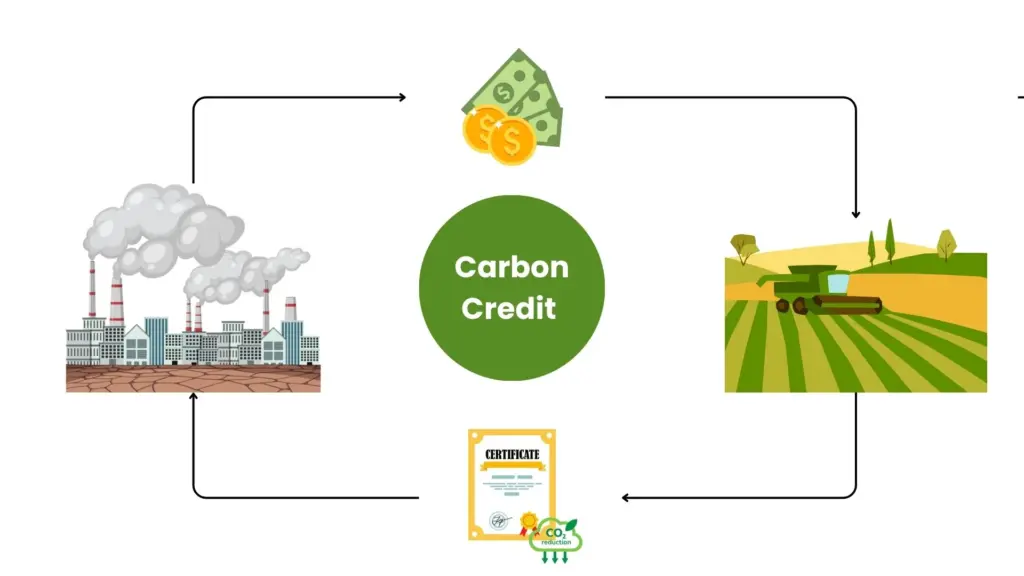
Real-World Impact Of ICAR-CCARI & GIM Join Forces: Empowering Communities
This partnership offers practical benefits for coastal farmers and entrepreneurs, including:
- Income diversification through carbon credits: Farmers adopting low-carbon farming techniques can earn credits transferable in open markets, supplementing their income.
- Improved market linkages: Access to accurate market data ensures farmers sell their produce at optimal prices, reducing exploitation by middlemen.
- Women-led enterprises: Training and support help women in rural communities launch value-added agri-businesses, fostering social empowerment.
- Agro-eco-tourism development: Creating tourist opportunities that showcase local culture and sustainable farming practices, generating additional revenue streams.
Such initiatives contribute to socio-economic upliftment, reducing rural poverty and migration.
Involving Stakeholders: How to Participate
Farmers, researchers, NGOs, startups, and policymakers interested in sustainable coastal agriculture are encouraged to participate in upcoming training sessions, pilot projects, and extension activities. Information and updates will be available on the official ICAR-CCARI website and through regional agricultural offices.
Private sector players, including technology providers and financial institutions, are also invited to collaborate for scalable technology deployment and financial inclusion.
Global Perspective: Aligning with Sustainable Development Goals
This MoU aligns perfectly with global agendas such as the United Nations’ Sustainable Development Goals (SDGs), particularly goals targeting zero hunger (SDG 2), gender equality (SDG 5), and climate action (SDG 13). Similar initiatives around the world underscore the role of technology and multi-sector collaborations in transforming agriculture into a sustainable and profitable venture.
By fostering innovation in coastal agriculture, India contributes to global efforts in creating resilient food systems that balance productivity with conservation.
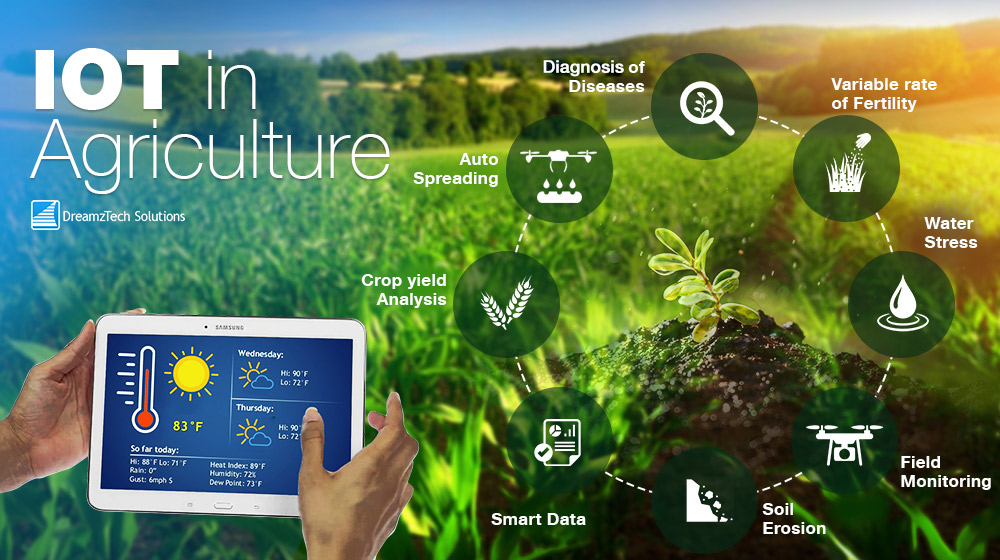
Celebrating Achievements and Future Milestones
Since its inception, ICAR-CCARI has garnered numerous accolades for pioneering advancements in coastal agriculture, empowering farmers with sustainable practices. In 2025 alone, notable achievements included nominating progressive farmers who received the prestigious IARI-Innovative Farmer Award for integrating eco-friendly farming methods and conserving indigenous crop varieties. These success stories reflect the institute’s commitment to innovation and community impact.
The collaboration with GIM promises to build on this strong foundation by introducing robust management frameworks and advanced technologies. As the partnership unfolds, milestones such as piloting AI-driven farming tools, launching capacity-building initiatives for rural women entrepreneurs, and developing market intelligence platforms are anticipated. These efforts are expected to transform not only farming outcomes but also rural livelihoods, fostering an ecosystem of resilience and prosperity.
ICAR-CICR Promotes Organic Cotton and Nanofertilizers for Sustainable Farming
ICAR-CIRCOT Invites Applications for Junior Research Fellow Post in Cotton Ginning Project
CICR Highlights Climate-Smart Farming Practices to Address Heat Stress in Cotton: Check Details

